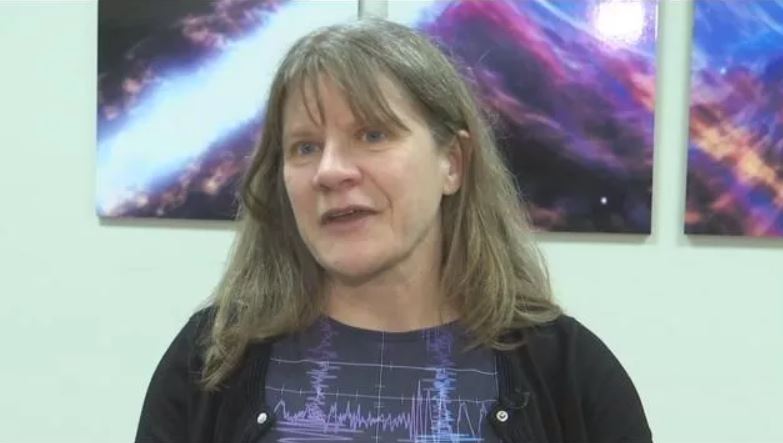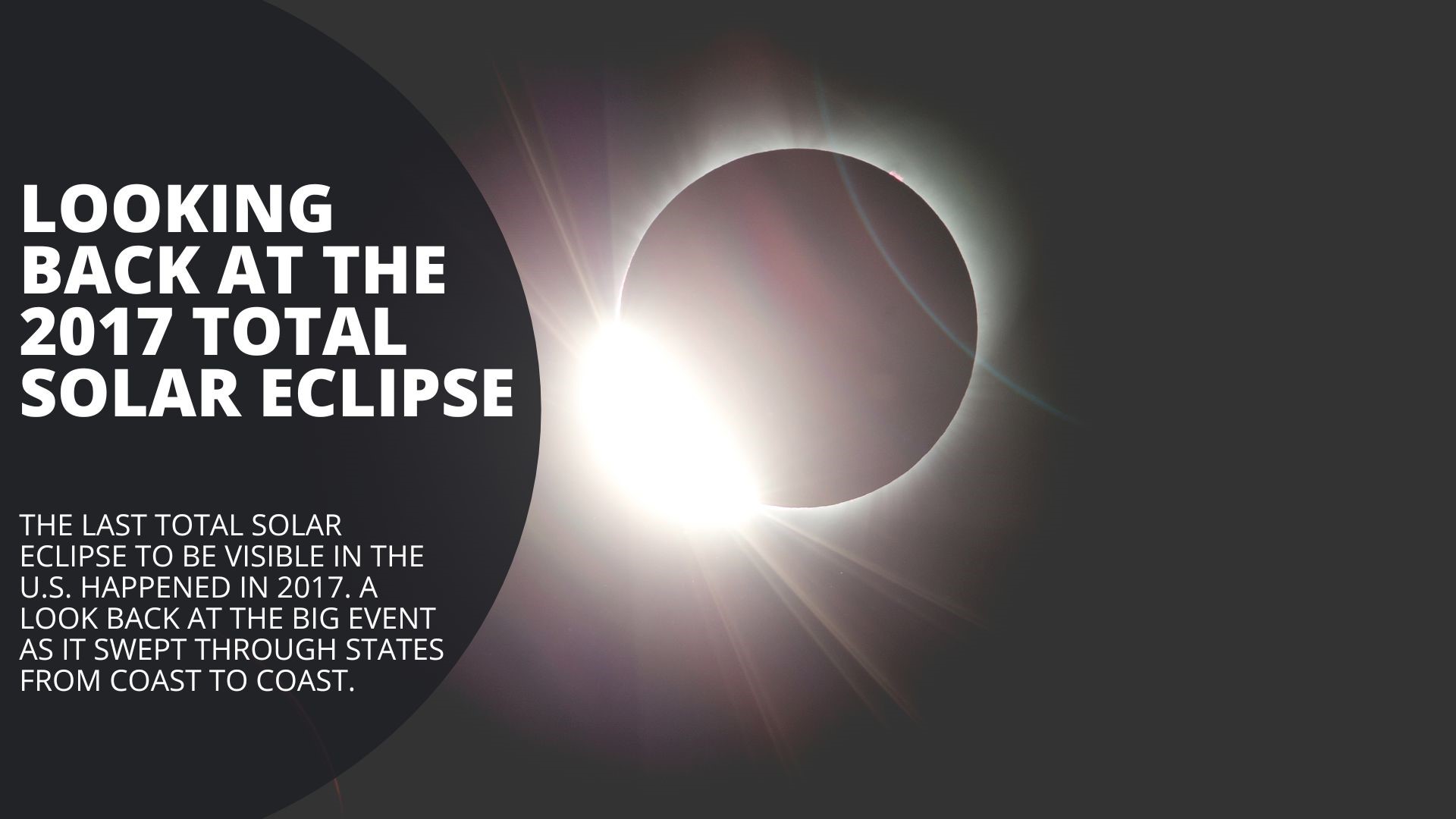For the past 10 years, Dr. Colleen Wilson-Hodge has been recording explosions in space. The Gamma-ray Burst Monitor, or GBM, inside the Fermi satellite keeps count and graphs them out.
"We look for changes in that count rate, and when we see a bump up, our satellite tells us we've seen something and our phones go off," Wilson-Hodge says.
She is the principal investigator for the GBM team. In August 2017, the team made history after independently detecting the first pulse of gamma rays to be associated with a gravitational wave at the same spot 130 million light-years away. The odds of this happening are around one in 20,000,000.
According to a long-time theory, the events resulted from a collision of two dying stars called neutron stars.
"The two things together told us that this theory is correct; this is the first time we've been able to measure this," Wilson-Hodge adds.
She's a graduate of McMinn County High School. She studied physics at UT-Chattanooga for a while before transferring to the University of Arkansas. There, she earned bachelors degrees in physics and math, followed by graduate school at Alabama-Huntsville.
Seeing images from Voyager when she was young inspired her to shoot for the stars.
"Seeing the pictures of Jupiter and all that close up was really cool, and I got really excited," Wilson-Hodge recalls. "So I wanted to do that kind of science and got my own backyard telescope."
For their work, she and her team have earned the top award in high energy astrophysics, the Bruno Rossi Prize. This small town girl with big dreams was over the moon when she got the news, but she tries to stay down to earth.
"This seemed really big to me and seemed like it should be the biggest thing, but not knowing what else was nominated, I wasn't certain," Wilson-Hodge admits.
She's spent her life trying to figure out how the universe works. She plans to spend the rest of her life putting more of the pieces together.
"It's the puzzle of it that I love; I also feel that some things like this, it's like the universe is putting on a little show just for us," Wilson-Hodge says.
The GBM team will officially receive the award next January in Seattle at the annual meeting of the American Astronomical Society. Wilson-Hodge will give a lecture at the event.


